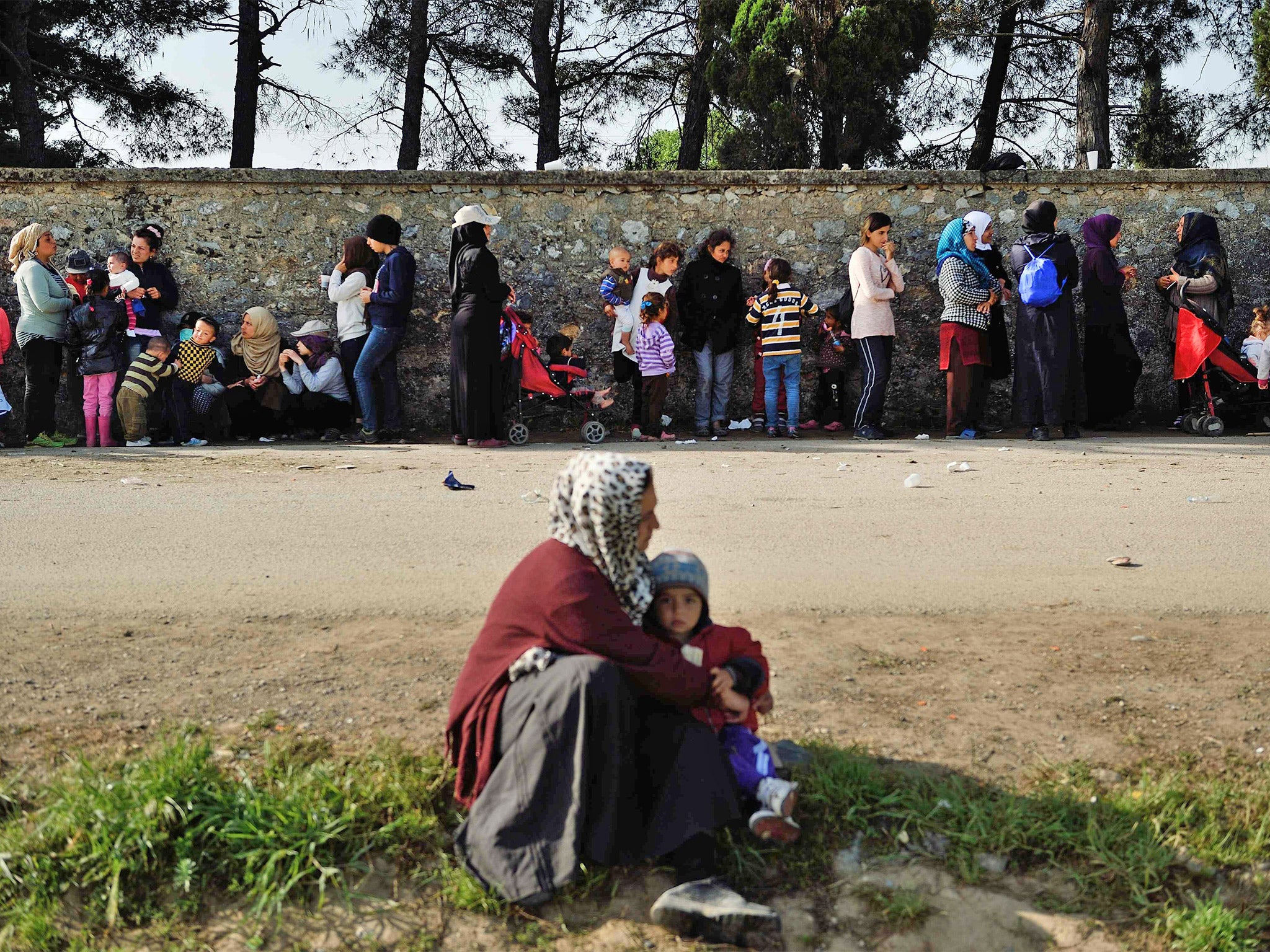Tory MP compares foreign aid to handing out the dole

Officials have defended British taxpayer-funded cash handouts to people in Pakistan as a senior Tory MP called for a review of the programme which he compared to "exporting the dole".
The Department for International Development (DfID) said the programme was helping the poorest families in Pakistan and was an efficient and effective way to make sure they had the support they need.
But MP Nigel Evans, a former Commons deputy speaker and member of the International Development Select Committee warned that cash transfers were "clearly open to fraud".
The UK aid budget helps fund the Benazir Income Support Programme (BISP), which offers cash amounting to just over £10 a month to some of the poorest families in a country where 60 million people live on less than £1 a day.
UK backing for the Pakistan government's BISP led to cash support for over 235,000 families across the country in 2012, which could potentially increase to 441,000 families by 2020.
Officials believe that offering cash directly to those people cuts out any middlemen, reducing the risk of fraud and minimising the cost of the programme, which is helping around 5.2 million families overall.
It also means that the recipients can decide to spend the money on their most urgent needs such as food, rent, education or medicine.
The budget for cash transfers has risen from £53 million in 2005 to an annual average of £219 million in the period 2011-15, the Daily Mail reported, with £300 million committed to the BISP from 2012 to 2020.
The newspaper investigation into the Pakistan aid scheme found people in a village on the outskirts of Peshawar taking out money from cash points with cards they said they had been given after paying kickbacks to officials.
DfID insisted that independent reports had praised the use of cash transfer schemes, there was a "zero-tolerance" approach to fraud and a shift to biometric payments would make the BISP more secure.
But Mr Evans called on International Development Secretary Priti Patel to urgently examine the use of cash transfers..
He said: "Normally this sort of aid is only given in a crisis or emergency when it is the only way to give help.
"It only should be a temporary measure, but it seems like we're exporting the dole to Pakistan, which is clearly not a clever idea.
"Anything that involves money needs to be properly scrutinised and is clearly open to fraud with money siphoned away when it ought to be directed to those most in need.
"This is something that International Development Secretary Priti Patel needs to look at urgently to ensure that there is proper accounting for how this money is being delivered."
A DfID spokesman said: "Cash transfers allow aid to be more efficiently targeted to those who need it, when they need it. In Pakistan, the roll out of biometric payments makes our programme one of the most secure cash transfers in the world, and means British taxpayers can be sure that the help they provide goes to the less fortunate, not those abusing the system.
"We have a zero-tolerance approach to fraud and corruption and we have robust systems in place to protect our investments."
Join our commenting forum
Join thought-provoking conversations, follow other Independent readers and see their replies
Comments
Bookmark popover
Removed from bookmarks